Tough Questions Parents Must Answer, and How a Lawyer Can Help
As a single parent, your children are most likely front and center of every single thing you do. But there are three vital questions every single parent needs to ask themselves seriously to provide everything they can for their children. Two less pleasant, one more positive.
What’s the Difference Between Will and Estate Planning?
MANY people think of writing a will and preparing an estate plan as one and the same, but there is a crucial difference.
Do You Have Your Affairs in Order? Here's a Financial Checklist for the New Year
NEW Year resolutions are made, and as we all know, often swiftly broken.
Why do we make them if we know we will set them aside so quickly? Usually, because they are unrealistic and require too much commitment to change too quickly.
How to Best Store Important Documents
PAPERWORK – a necessary evil whether in or private of business lives. We all have an increasing amount of documentation needed to navigate our daily lives, from vital one-offs like birth certificates and passports to the monthly credit card statement and utility bills. And with the advent of digital communication and storage, many of us find our essential documents as pdfs attached to emails out there in the ether somewhere, with an awkward hybrid of essential documents spread between our filing cabinet and the cloud.
How to Handle an Estate Transition
People always say, “You can’t take it with you.” So everything you accumulate in this life has to stay here once you’re gone. That’s why many people trust an estate planning attorney to help them create a will wherein all of their belongs and assets are bequeathed to the people they love and care about in the event of their death. If, however, your loved one dies intestate – or without a will or estate plan of some sort – the estate will go into probate and you might be struggling to figure out what to do.
Essential Elements of Estate Planning
When you hear the words “estate planning” your mind probably goes immediately to will-writing. And that’s not an incorrect assumption, your will is one of the main components of your estate plan and a central focus of this important legal document. However, there is more involved in estate planning that just writing down a list of how your assets get distributed after your death. There are several other elements that go into a good estate plan and you’ll want to include all of them to have a fully comprehensive document that describes your wishes for your wealth and your care in the event of a worst-case scenario.
Life Events that Should Prompt an Estate Plan Review
Your life isn’t one static trajectory, so why should your estate plan be? Outside of not writing a will or any advance directive at all, the most common error made in estate planning is the failure to periodically update legal directives as momentous events occur over the course of a lifetime. And, although your life may present you with circumstances that extend far beyond the following list, it may be useful to know that these are the life events that should prompt the consideration of a change to your estate plan.
Planning Your Estate In 4 Steps
Your estate is made up of everything you own—cash, investments, business interests, property, and all of your personal belongings—and, upon your death, those items will be bequeathed in some manner. An estate plan is your opportunity to prescribe that manner by dictating which and how much of your assets are passed to whom. The biggest aversion to estate planning is the fact that you have to look your own morbidity squarely in the face. Having come to the unavoidable conclusion that you will pass away at some point, it becomes a smart, albeit not always pleasant, decision to create an estate plan.
Many people are not aware that anyone can access much of their important personal social security information at ssa.gov








